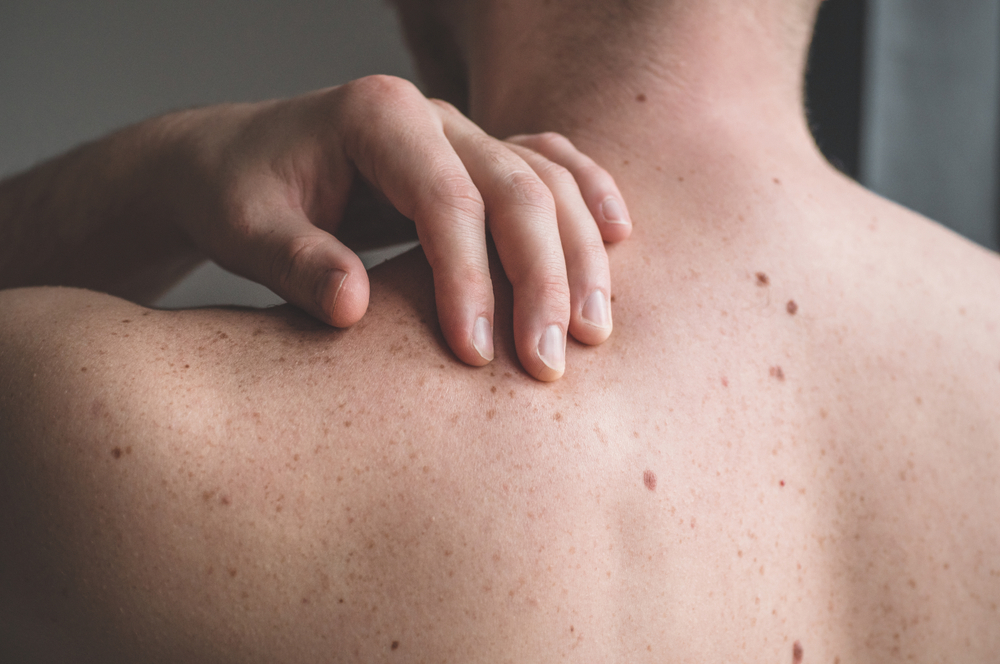Skin cancer is a se4rious condition and as with other types of cancer, the sooner it is diagnosed, the better. So, skin checks in Chevy Chase MD are a crucial part of early diagnosis and treatment. Here are some of the most FAQ about skin cancer and risk factors.
What causes skin cancer?
Skin cancer develops when damaged cells grow uncontrollably. Most skin cell damage is caused by exposure to UV radiation, from the sun or tanning beds. But some people are at a higher risk due to genetics or suppressed immune systems.
What are the types of skin cancer? 
- Basal cell carcinomas are the most common type of skin cancer. It occurs just below the skin’s surface.
- Squamous cell carcinomas account for around 20% of cases. They form in the throat, respiratory tract, major organs, and the lining of the digestive system.
- Merkel cell carcinomas. This is a rare, aggressive form of skin cancer.
- Kaposi’s sarcoma may appear s purple blotches or lesions on the skin. It can also form inside the mouth or in lymph nodes.
- Melanoma is rare but aggressive. It is responsible for most skin cancer deaths.
Why are skin checks in Chevy Chase MD important?
Skin checks, or skin cancer screenings, involve checking your skin for possible cancerous cells. You should perform routine skin checks on yourself and have an annual check done by your dermatologist.
How can I identify skin cancer?
Use the ABCDE method.
- If a mole has an irregular shape.
- The edge is not smooth. It may be irregular or notched.
- If the mole changes color, has uneven shading or dark spots.
- Any mole larger than a pencil eraser.
- Evolving or Elevation. If the spot changes size, color, shape, or texture.
If your mole meets any of the above, have it examined by your doctor ASAP.
Top Skin Checks in Chevy Chase MD
Early diagnosis and treatment are crucial when it comes to cancer and skin cancer is no different. Stay on top of self-skin checks and schedule your annual screening with your dermatologist. To learn more, please contact Cronin Dermatology and Cancer Center.

